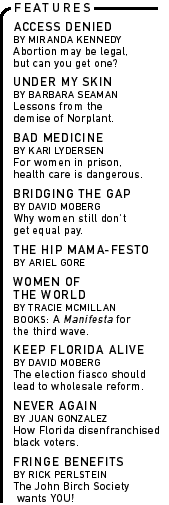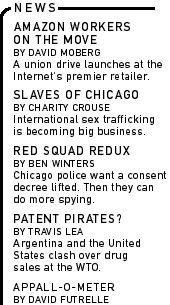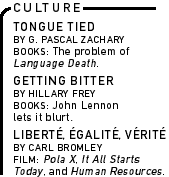
|

|

|

|
| |
|
|
|
Long lines of sick and elderly Argentines form outside government drug distribution centers here every day. Many more don't even bother; even with subsidies, they cannot afford the medicine they need. And If the U.S. government gets its way in an ongoing dispute before the World Trade Organization, even more Argentines will be left without access to vital medicine. Pharmaceutical patent protection has been one of the most important trade issues of
Because there is free trade between Mercosur members, businesses that establish operations in one country gain immediate and unfettered access to the other Mercosur markets. As a result, countries with strict intellectual property laws (like Brazil) attract foreign pharmaceutical companies, who then sell their patent-protected products throughout Mercosur. Argentina considers such practices to be a monopoly, and has established laws that guarantee its local labs access to foreign-manufactured pharmaceutical recipes. Not surprisingly, the drug companies are crying foul. |


